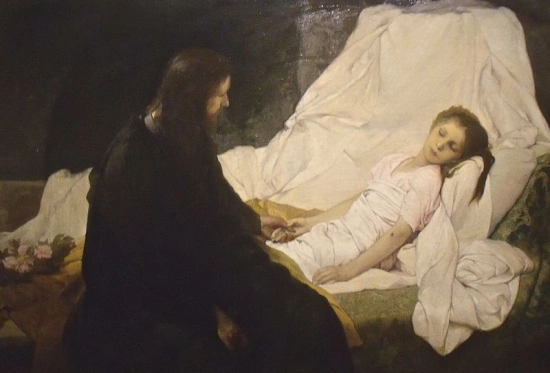Scripture Confirmations of New Church Doctrine [Brief Latin Title: Dicta Probantia]
1. The Apostles; Miracles
The apostles are named (Acts of the Apostles 1:13, 26).
Judas the traitor burst asunder in the midst, and all his bowels gushed out (Acts of the Apostles 1:16-19).
Many miracles and signs were done by the apostles (Acts of the Apostles 2:43). Peter and John healed the lame man sitting at the gate of the temple, therefore all were astonished, but when the priests heard them preaching about Jesus, they laid hands upon them, thrust them into prison, and afterwards having threatened them sent them away because of the people (Acts of the Apostles 3:1-20; 4). This miracle was done in the name of Jesus Christ (Acts of the Apostles 4:10, 30).
Many miracles done by the apostles (Acts of the Apostles 5:12, 5:15, 5:16), but yet they were put in prison by the high priest, and although they were led out thence by an angel miraculously, yet they were beaten, and warned not to preach concerning Jesus (verses 29-40).
Stephen also did great signs and miracles (Acts of the Apostles 6:8).
Miracles done by Philip (Acts of the Apostles 8:6, 7, 13).
Simon the sorcerer made himself great in Samaria, saying, here is the great power of God; but he was severely reproved by Peter (Acts of the Apostles 8:9, 10 seq., 20-24).
Miracles done by Peter, and also that he raised the dead to life (Acts of the Apostles 9:33, 34, 36-42).
The miracle of Paul, that a certain man was made blind (Acts of the Apostles 13:11); also others (Acts of the Apostles 19:11, 12; 20:9 seq.; 28:3 seq., 8).
Miracles done by the disciples, and with Paul (Acts of the Apostles 14:3, 8-10, 19, 20; 16:25, 26 seq.).








